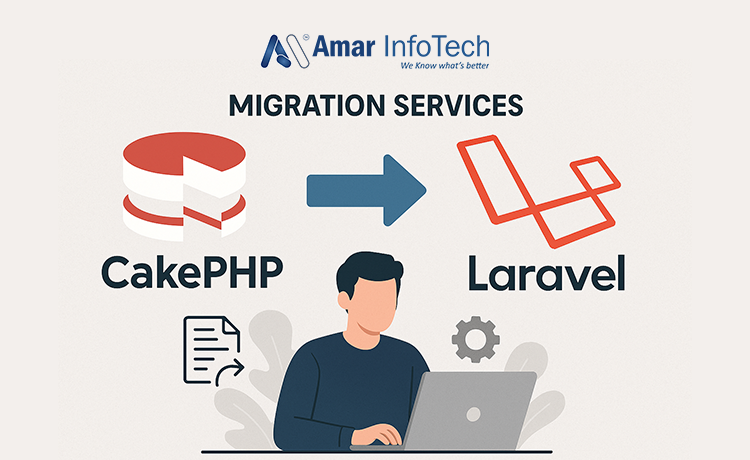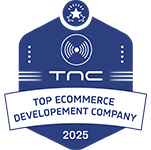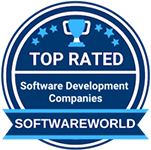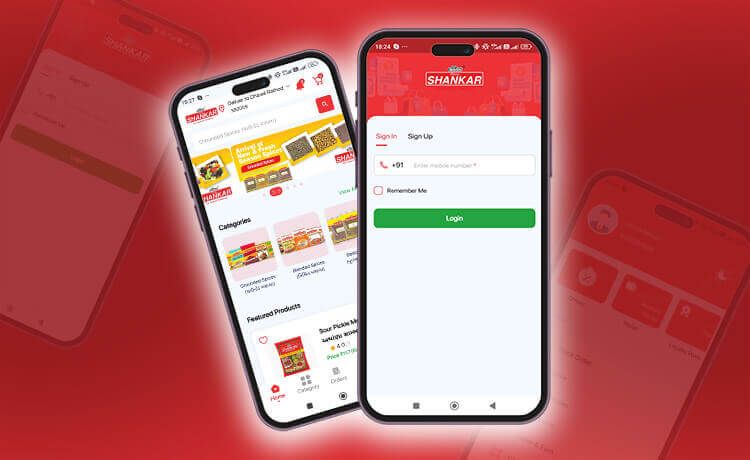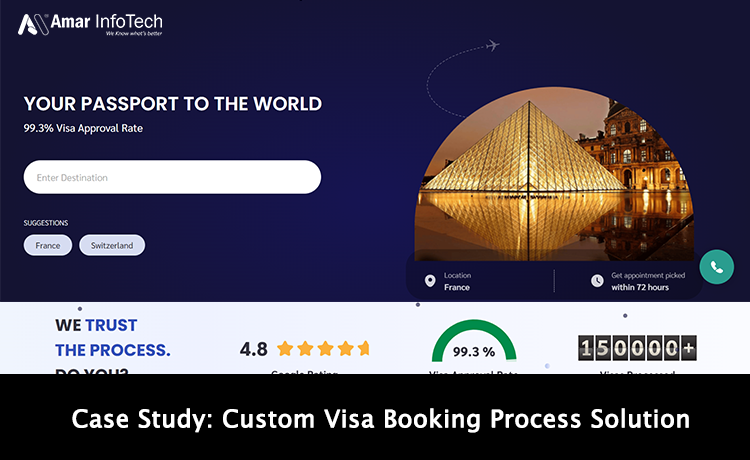In today's digital era, where data reigns supreme, the choice of a suitable database type is akin to laying the foundation of a sturdy building. Each database type comes with its unique set of characteristics, tailored to meet specific needs and challenges posed by modern applications. From the stalwart relational databases to the nimble NoSQL variants, the spectrum of options can be overwhelming. Hence, embarking on a journey to explore these diverse types and their real-world applications is essential for any data-centric endeavor.
The blog provides an introduction to databases, covering their various types, structures, and practical applications. Additionally, it touches upon the fundamentals of a database management system (DBMS).
What is a Database?
Understanding the concept of databases is crucial. Essentially, a database refers to a structured collection of data stored within a computer system, offering accessibility through various means. Databases come in diverse types, each catering to specific user needs. In this discussion, we'll delve into notable database types and examples, highlighting their distinct characteristics. For instance, while SQL databases lack scalability, relational database schemas offer stringent structures yet ensure enhanced consistency.
Types of Database Objects
Database objects encompass four essential types, facilitating the compilation, entry, storage, and analysis of data across diverse formats:
- Tables
- Queries
- Forms
- Reports
Tables are fundamental structures within a database that organize data into rows and columns. Each row typically represents a single record, while columns define the attributes or fields of the data. Tables provide a structured framework for storing and managing information efficiently.
Queries enable users to retrieve specific data from one or more tables based on defined criteria. Users can formulate queries using a query language, such as SQL (Structured Query Language), to filter, sort, and manipulate data according to their requirements. Queries are instrumental in extracting meaningful insights from large datasets.
Forms serve as user-friendly interfaces for entering and editing data in a database. They provide structured layouts that streamline the process of data entry by guiding users through fields and prompts. Forms enhance data accuracy and completeness while simplifying interaction with the database for non-technical users.
Reports present formatted and summarized data derived from the database, typically in a printable or viewable format. Users can generate reports to analyze trends, track performance metrics, or communicate insights effectively. Reports often include charts, graphs, and textual summaries to convey information in a comprehensible manner.
Why Are Databases Important?
Databases play a pivotal role in modern businesses, enabling the orderly storage and accessibility of vast amounts of data for authorized users. Each company adopts a specific database tailored to its data requirements.
The significance of databases for business growth is manifold:
- Facilitates informed decision-making by providing access to relevant business data.
- Efficiently stores and retrieves interconnected information, enhancing operational efficiency.
- Enables thorough analysis and synthesis of business data, fostering insights and strategic planning.
- Centralizes the collection and storage of critical customer data from diverse sources and applications.
- Empowers the creation of data-driven applications and comprehensive analytics, catering to personalized and timely needs.
- Ensures immediate availability of vital business data across departments, fostering collaboration, pattern recognition, report generation, and predictive analytics.
- Often involves transitioning data from hierarchical databases, typical of legacy systems, to relational databases prevalent in modern data warehouses.
Types of Database Users
Database management systems (DBMS) accommodate a diverse range of users, each with distinct roles and responsibilities:
- Database Administrator (DBA)
- DBAs oversee the maintenance, security, and performance of the database system.
- They manage user access, implement backups and recovery procedures, and optimize database configurations.
- DBAs also handle software upgrades, monitor system usage, and troubleshoot technical issues.
- End-User
- End-users interact directly with the database to retrieve, update, and analyze data.
- They include employees from various departments such as sales, marketing, finance, and human resources.
- End-users utilize applications and interfaces provided by the DBMS to perform tasks relevant to their roles, such as entering sales data, generating reports, or querying customer information.
- System Analyst
- System analysts bridge the gap between business requirements and technical solutions.
- They collaborate with stakeholders to understand data needs and design database systems that meet organizational objectives.
- System analysts conduct feasibility studies, gather user requirements, and define data models and system specifications for developers to implement.
- Application Programmer
- Application programmers develop software applications that interact with the database.
- They write code to create, retrieve, update, and delete data from the database using programming languages such as SQL, Java, Python, or C#.
- Application programmers ensure that software applications integrate seamlessly with the database, following best practices for data security, performance, and reliability.
- Database Designer
- Database designers are responsible for designing the structure and organization of the database.
- They translate business requirements into logical and physical database models, defining tables, relationships, constraints, and indexes.
- Database designers consider factors such as data integrity, normalization, and scalability to create efficient and robust database schemas.
What are the Different Types of Databases?
There are several types of databases, each with its own characteristics and suitable applications. Some common types include:
- Relational Database Management System (RDBMS)
- Examples: MySQL, PostgreSQL, Oracle Database, Microsoft SQL Server.
- Organizes data into tables with rows and columns, linked by relationships.
- Suitable for structured data with predefined schemas, such as financial records or customer information.
- NoSQL Database
- Examples: MongoDB, Cassandra, Redis.
- Designed to handle unstructured or semi-structured data, offering flexibility in data modeling.
- Suitable for applications requiring high scalability, real-time data processing, or a flexible schema, such as social media platforms or IoT systems.
- Document-Oriented Database
- Examples: MongoDB, Couchbase.
- Stores data in flexible, JSON-like documents rather than tables.
- Suitable for applications with complex, hierarchical data structures, such as content management systems or e-commerce platforms.
- Graph Database
- Examples: Neo4j, Amazon Neptune.
- Represents data as nodes, edges, and properties, allowing efficient traversal of relationships.
- Suitable for applications involving highly interconnected data, such as social networks or recommendation engines.
- Key-Value Store
- Examples: Redis, Amazon DynamoDB.
- Stores data as key-value pairs, offering fast retrieval and simple data modeling.
- Suitable for caching, session management, or storing semi-structured data with low latency requirements.
- Columnar Database
- Examples: Apache Cassandra, Amazon Redshift.
- Organizes data by column rather than row, optimizing for analytical queries and data compression.
- Suitable for analytics, data warehousing, and applications requiring high-performance querying of large datasets.
Conclusion
In the ever-evolving landscape of data management, the choice of a suitable database type is pivotal for the success of any endeavor. By delving into the intricacies of each database type and discerning real-world examples tailored to diverse needs, one can navigate the labyrinthine terrain of modern data management with confidence and finesse. So, whether your application demands the rigidity of a relational database or the agility of a NoSQL variant, rest assured, there's a database type perfectly suited to your needs.

